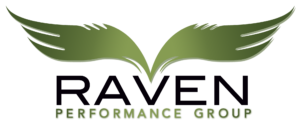Last week, two family members traveled to England and Wales. There was a lot of up-front work; the UK makes visitors submit information into a Locator Form (validation of vaccinations including a negative test result within 72 hours of arriving in England). However, their arrival in England was the fastest, most painless arrival ever to a foreign country! Scan your passport, drop your mask, get your picture taken (for facial recognition) and they were in.
For the most part, traveling felt like it did in February 2020. The airport, airplanes, and hotels seem “normal”, except for the masks, and only partially filled restaurants.
Make no mistake, this isn’t a “return to normal,” and those who keep searching for that reappearance are going to be frustrated.
People are not returning to many jobs even after stimulus money has dried up. Instead, they are contemplating what to do with their lives next. For many this has been their first up-close-and-personal experience with morality.
Some are going back to school; others are leaving school. Some are trying to become entrepreneurial; some want more control over their work environment. It’s clear that remote work is here to stay, large meetings will be drastically reduced, and many professional associations with annual in-person only conventions will have to get creative to maintain their relevance.
Organizations who seek to attract talent are trending toward packages designed around people as opposed to forcing people into packages. Those packages will feature more control and responsibility, different types of compensation, flexible hours, location, and self-development. One size fits all is a thing of the past.
If you’re a leader who wants to be ahead of the pack in your industry, be prepared to create disruption, create volatility, and innovate daily.
Tomorrow’s “normal” may not be recognizable by yesterdays’ “normal”. What will you do to successfully lead your company into the ever-changing future?
The road is easier together,


